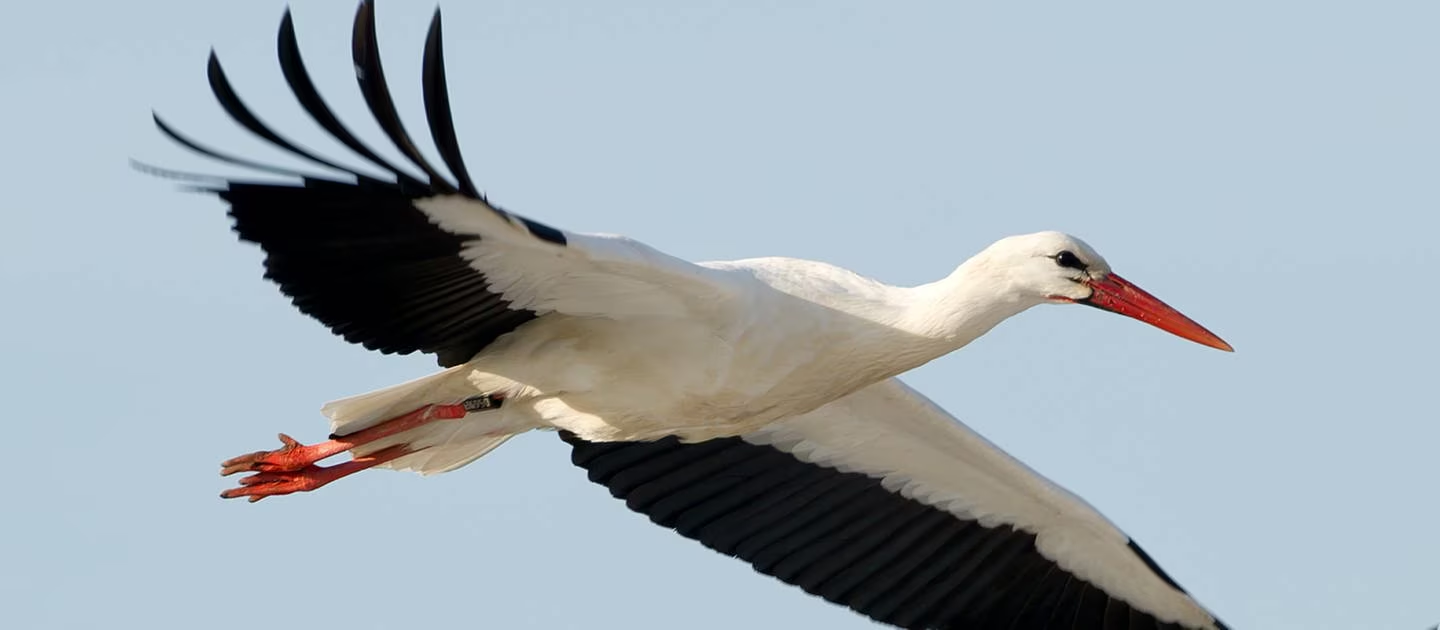– For us, being part of ERiCi was an obvious choice as it gives us the opportunity to exchange experiences, knowledge and insights on existential resilience and sustainability, which is a very important topic for us, says Anna-Karin Poussart, coordinator and manager of the stork biosphere reserve ‘Storkriket’.
– ERiCi helps us to connect with new and interesting actors, identify and develop new knowledge, and gain new insights for our work.
In Scania, the stork was common. But when we began to cultivate the land in new ways, the stork disappeared. In 1954, the last two storks nested on a farm in Scania. But through the work of the Nature Conservation Association, in 2014, the first wild-born pair bred again in Scania.
This is a story about man’s relationship with nature. How we exploit, influence and depend on it, and the need to understand and address individual and planetary wellbeing together. It is also the story that gave the biosphere reserve its name.
Connecting Sjöbo, Lund and southern Eslöv, the stork biosphere reserve ‘Storkriket’ is a place where creativity and knowledge can grow, offering a context for understanding our identity and responsibility in time and space to, ultimately, support resilience and sustainably.
– We are on a journey towards becoming a UNESCO-designated biosphere reserve and will then be a model area for sustainable development. As part of this, we are continuously working to reconcile inner and outer dimensions of sustainability, which is also at the heart of ERiCi, explains Anna-Karin Poussart.

